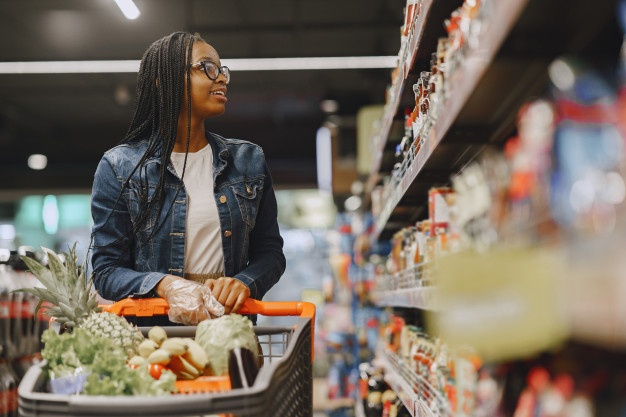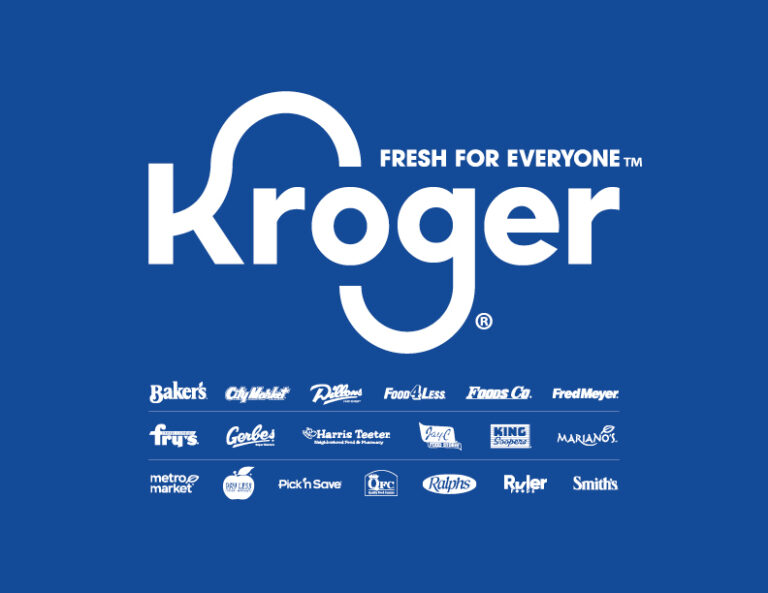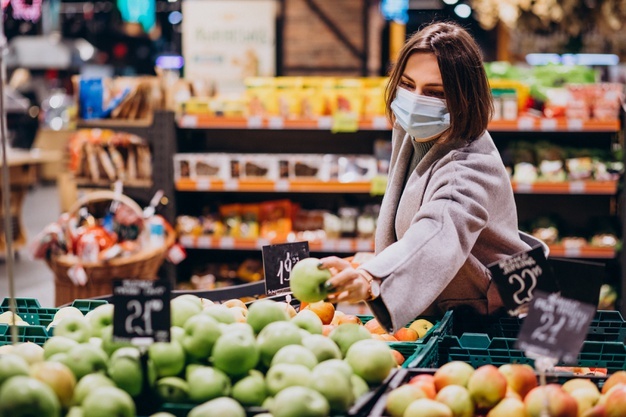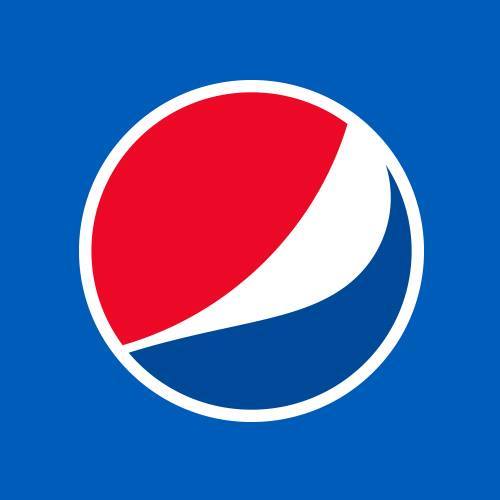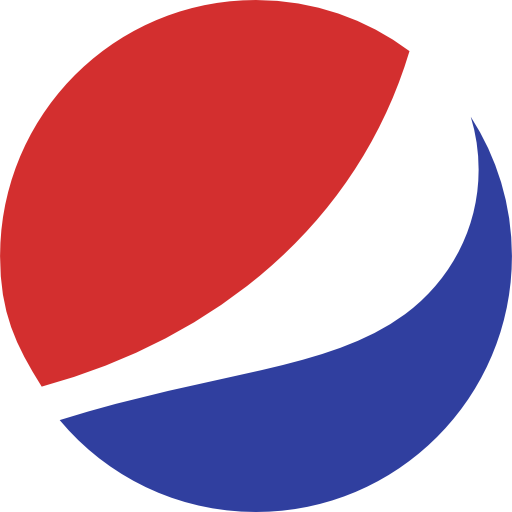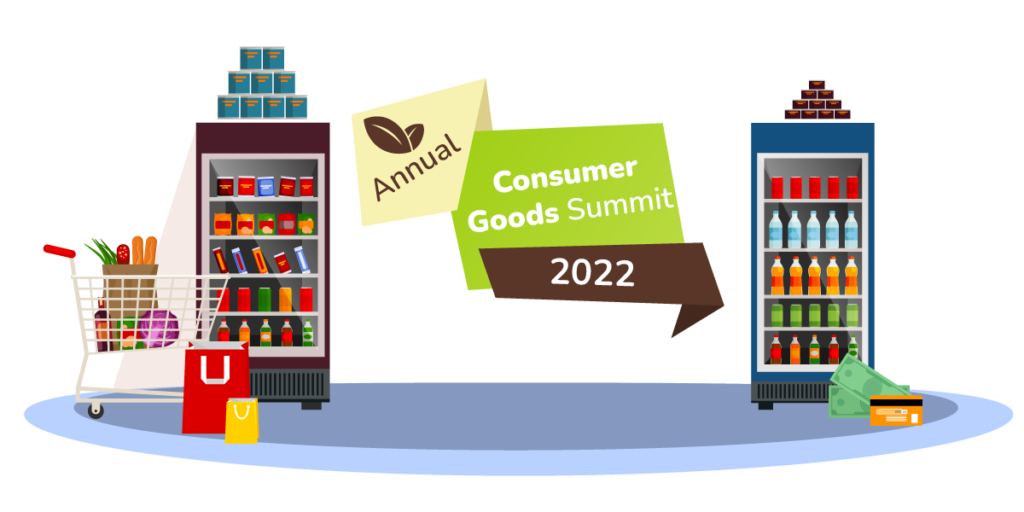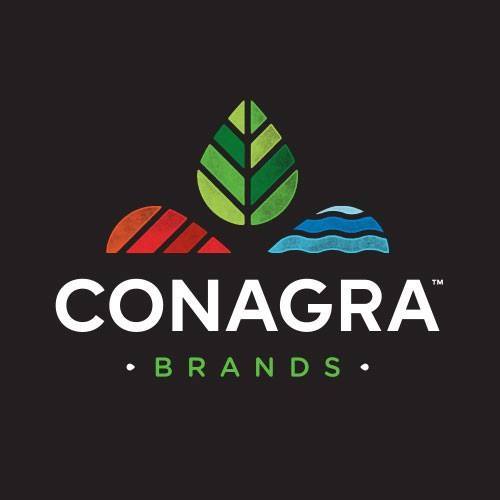
Conagra Brands increased prices to fight higher inflation, while expects to raise full-year sales
Packaged food companies are struggling with higher inflation rates as the US economy is recovering. Companies are spending excessively on logistics to overcome the pandemic-led supply chain disruptions. Conagra Brands Inc. has again increased the prices of frozen meals and snacks because the cost of ingredients is rising, including grains, edible oil, and proteins. Thus, the prices of staple meals went up by 3.3% and frozen meals by 3.5%. Nonetheless, the risen prices have not dissuaded the consumers. Instead, the company expects an uptick of 1% in full-year sales.


